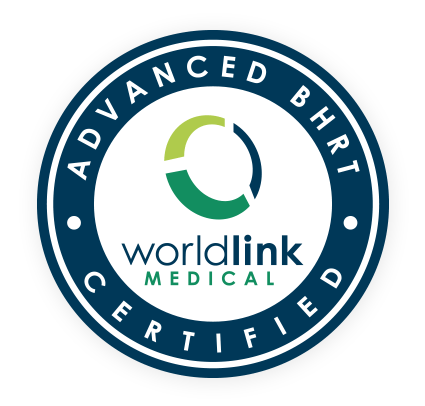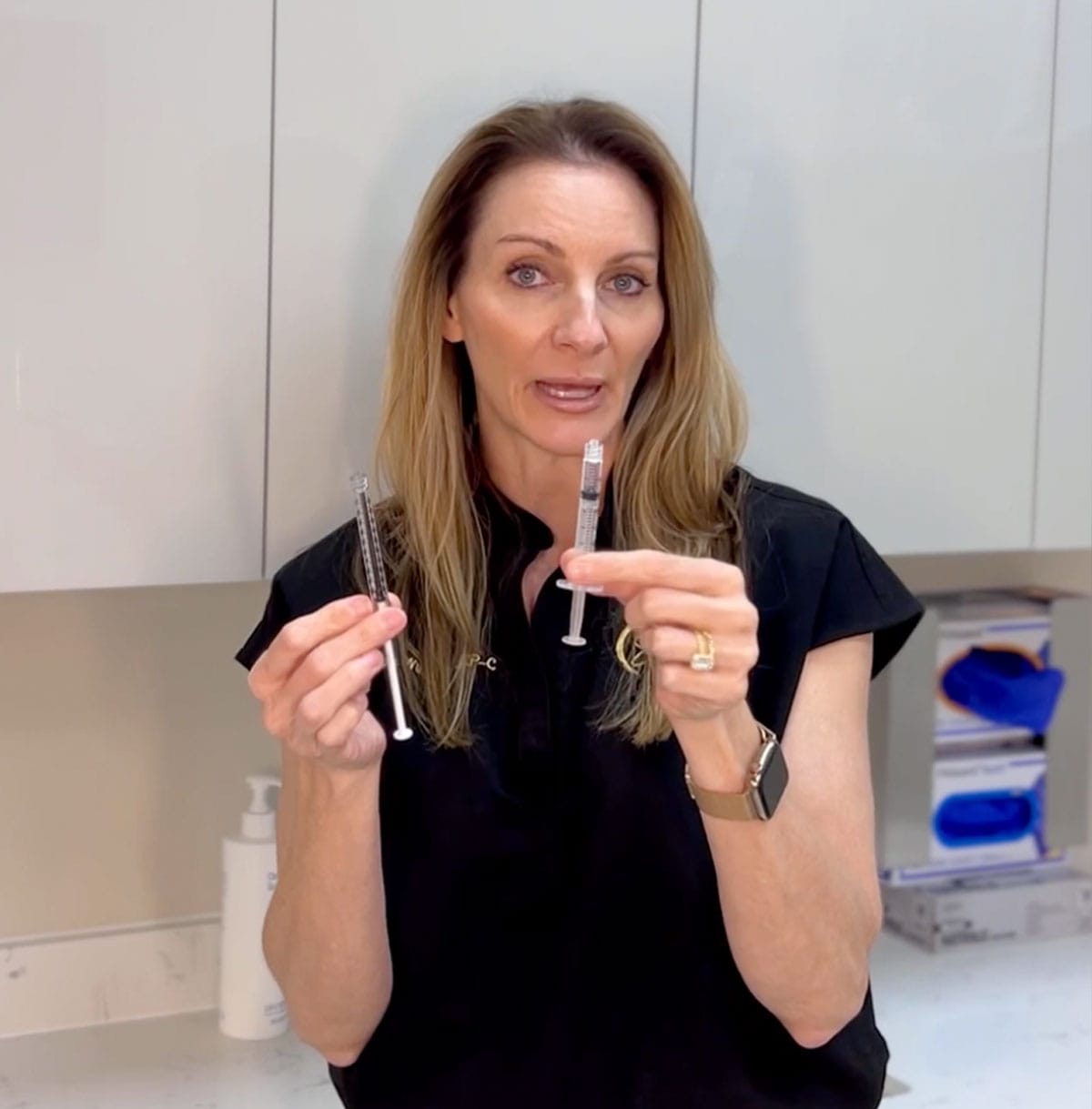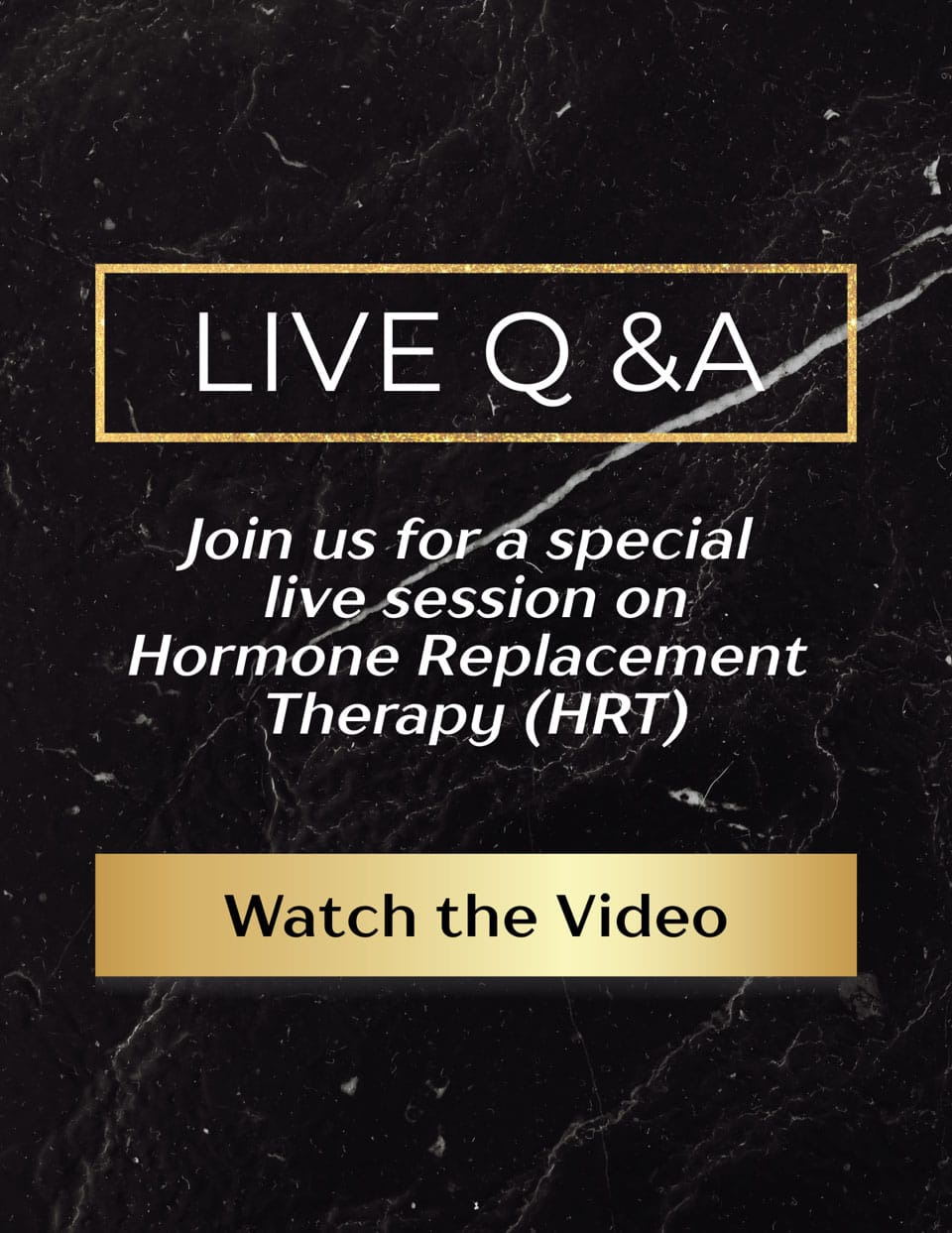Estrogen is a hormone produced by both the ovaries and adrenal glands. Although in much smaller amounts, men also produce estrogen through the conversion of testosterone. There are three types of estrogen found in women: estrone, estradiol, and estriol.
At the onset of menopause, a sudden drop in the levels of all these hormones cause menopausal symptoms and adverse health effects. The hallmark symptoms of menopause include hot flashes, insomnia, vaginal dryness, bladder issues, cognitive difficulties, and anxiety. A lack of estrogen also leads to an increased risk of various diseases, such as cardiovascular disease, stroke, osteoporosis, and Alzheimer’s. Rapid bone loss after menopause is linked to a decline in estrogen production, which plays a crucial role in bone growth.
A decrease in estrogen levels heightens the risk of heart disease, with postmenopausal women on estrogen showing a 70% decrease in heart disease-related mortality. Estrogen has also been found to reduce total cholesterol levels while increasing HDL, the “good” cholesterol. It protects blood vessels in the heart and brain and helps prevent Alzheimer’s disease. Over the past 30 years, more than 100 medical articles have documented the benefits of estrogen on the cardiovascular system, with HRT in Clearwater we will look at your overall estrogen levels and see where we can help.
In the early 2000s, a Women’s Health Initiative (WHI) study was published, resulting in confusion as it showed an increased risk of breast cancer and heart disease with a combination of synthetic estrogen and progestin (Premarin and Provera). However, it was later revealed that synthetic progestin (Provera) was responsible for the increased health risks, not estrogen. The study’s estrogen-only arm showed no increased risk of cancer or heart disease.
The media’s misinterpretation and sensationalization of medical literature has led to confusion. Synthetic estrogen and progesterone have been reported to increase the risk of heart disease and cancer, but only in their synthetic form. Natural hormones do not pose the same threats. This information has been available for some time, with a similar study published in the same medical journal (JAMA) a year prior revealing the same conclusion that synthetic hormones increase the risk of breast cancer.
Due to the potential risks and side effects of synthetic hormones, traditional hormone replacement therapy isn’t suitable for women with heart issues, high risk of blood clots, deep vein thrombosis, or a history of cancer, especially breast cancer. But the same contraindications don’t apply to women undergoing bio-identical HRT in Clearwater, which is suitable for all women, including those with the aforementioned medical conditions and histories.





